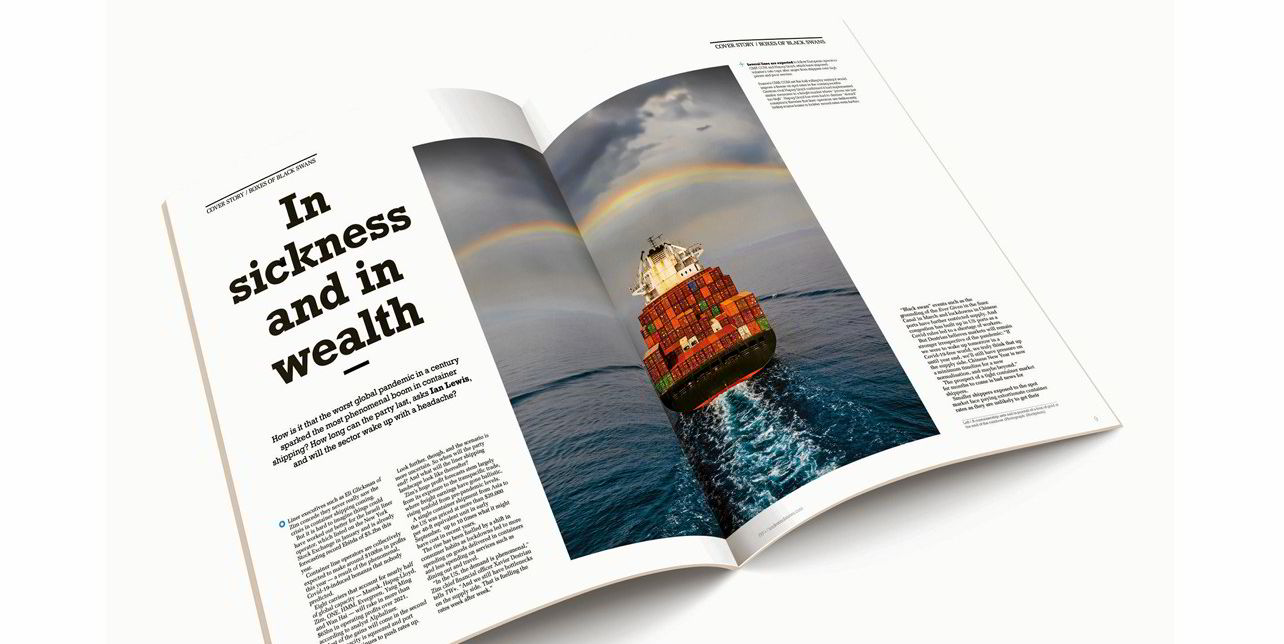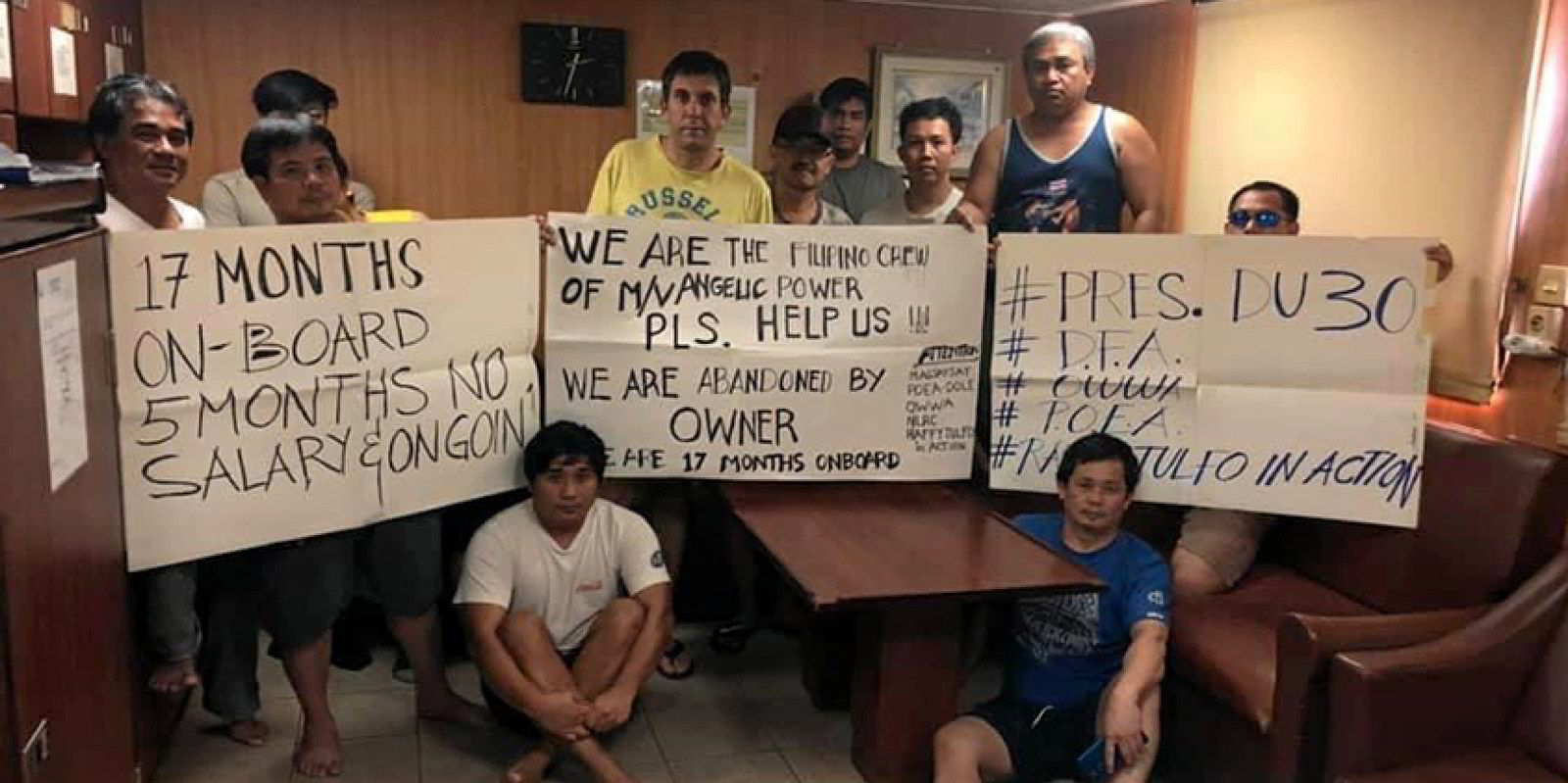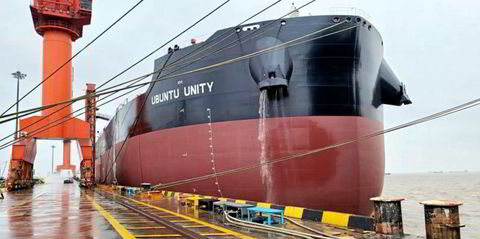The Covid-19 crew crisis has raised serious questions about the adequacy of the Maritime Labour Convention (MLC) 2006.

This story is part of the upcoming edition of the TW+ magazine, which unpicks the changes that have occurred over the past 20 months as a result of Covid-19, investigates how shipping is still being reshaped and tries to find out what the permanent effects may be.
Shipping’s most recently enforced convention was intended to offer minimum working and welfare standards for seafarers. Yet, during the pandemic, hundreds of thousands of seafarers were stranded at sea, unable to return home, often without access to shore leave or medical care and vaccines.
The disappointing attitude of governments to crew was highlighted by Kiribati’s decision to block dozens of its own national seafarers, caught up in the pandemic, from returning home until 2022.
A critical question has been whether port states owe a duty of care to non-national seafarers under the MLC, and so should allow them to transit and access to medical care and vaccines. Many governments said they would recognise seafarers as key workers but continue to deny them their rights.
A Special Tripartite Committee (STC) meeting of seafarer, employer and government representatives at the International Labour Organization (ILO) in April came to the conclusion that governments have a responsibility to support the welfare of non-nationals. But that did not solve the problem.

International Maritime Employers’ Council chief executive Francesco Gargiulo says the MLC has been shown to be a “toothless tiger”.
“Most of the countries that ratified it then decided to opt out when things got tough and when adhering to its principles was most important,” he says. “I remember sitting through a surreal ILO STC meeting in April, where most countries competed over who had done the most for seafarers.
“But then they hesitated to commit to a resolution that would strongly reinforce the concept that the MLC applies in all circumstances, and especially when things get tough.”
Independent research body Seafarers’ Rights International (SRI) is trying to open up the debate on whether, in light of the experience of Covid-19, the convention needs to be amended, or if governments simply need to implement it correctly.
“The question is what can we do around the MLC to learn from what has happened and potentially create some sort of resilience in the MLC for some similar event in the future,” says SRI executive director Deirdre Fitzpatrick.
She points out that any changes will have to win the approval of shipowner, seafarer and government representatives at the ILO. So there is little point in singling out one party for blame.
“I think there is a valid view that amendments might be appropriate,” Fitzpatrick says, but “individual views will only count if the tripartite actually agree. We see our role as to facilitate a dialogue so there is a consensus.
“I think there is always a case in every maritime convention for better implementation. We all need better capacity, expertise, facilities and resources to implement them. Equally, you don’t want an amendment that people don’t embrace or implement.”





